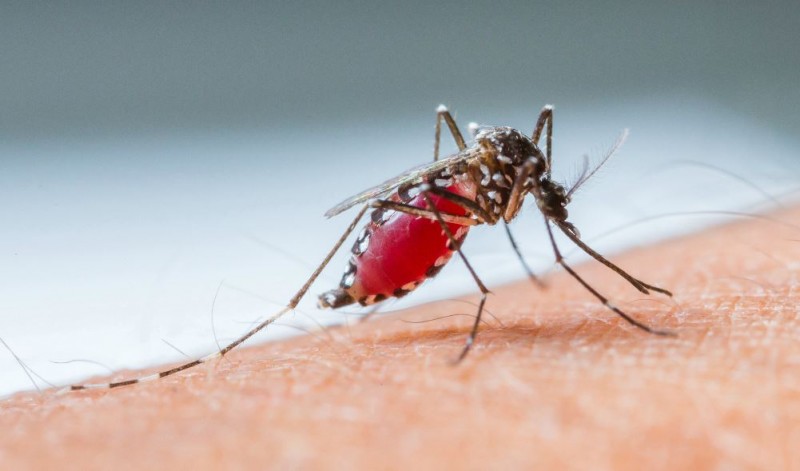
Malaria, a life-threatening disease caused by the Plasmodium parasite, has been a significant global health concern for centuries. It continues to pose a considerable burden on many countries, particularly in regions with tropical climates. This article delves into the global impact of malaria, the ongoing efforts in prevention and eradication, and the challenges faced in the battle against this formidable disease.
Understanding Malaria: A Global Health Challenge
What is Malaria?
Malaria is a mosquito-borne infectious disease that affects millions of people annually. The female Anopheles mosquito transmits the Plasmodium parasite to humans during a blood meal, leading to the onset of the disease.
Global Prevalence
Malaria is prevalent in more than 90 countries worldwide, with Sub-Saharan Africa being the most affected region. According to the World Health Organization (WHO), there were approximately 229 million cases of malaria and an estimated 409,000 deaths in 2021.
Socio-Economic Impact
Malaria takes a substantial toll on the affected communities and countries. It hampers economic development, impairs educational opportunities, and increases healthcare costs, thereby perpetuating a vicious cycle of poverty.
Prevention Strategies: Progress and Challenges
Vector Control
Controlling the mosquito population is a crucial aspect of malaria prevention. Initiatives such as insecticide-treated bed nets, indoor residual spraying, and larval source management have shown promising results in reducing malaria transmission.
Antimalarial Medications
The use of antimalarial drugs for treatment and prevention has been vital in curbing the spread of the disease. Artemisinin-based combination therapies (ACTs) are the recommended treatment for uncomplicated malaria cases.
Vaccination Efforts
The development of an effective malaria vaccine has been an ongoing challenge. However, in recent years, there has been progress in the development of the RTS,S/AS01 malaria vaccine, which has shown promising results in clinical trials.
Health Education and Awareness
Raising awareness about malaria transmission, prevention measures, and early symptoms is critical in combating the disease. Health education campaigns play a vital role in empowering communities to take proactive measures.
Eradication Efforts: Towards a Malaria-Free World
The Roll Back Malaria Initiative
In 1998, the Roll Back Malaria (RBM) partnership was established to coordinate global efforts in the fight against malaria. RBM focuses on advocacy, resource mobilization, and strengthening healthcare systems to combat malaria effectively.
Sustainable Development Goals
Malaria prevention and eradication align with the United Nations' Sustainable Development Goals (SDGs). Target 3.3 aims to end the malaria epidemic by 2030 by increasing prevention and treatment strategies.
Research and Innovation
Investment in research and innovation is crucial for developing new tools, strategies, and technologies to combat malaria effectively. Collaborative efforts between governments, organizations, and the private sector are vital in this regard.
Challenges in Malaria Control
Drug Resistance
The emergence of drug-resistant strains of the Plasmodium parasite poses a significant challenge in malaria treatment and prevention. Continued research and surveillance are necessary to address this issue.
Access to Healthcare
In many malaria-affected regions, access to healthcare facilities and essential medications remains limited. Strengthening healthcare infrastructure and improving accessibility are vital steps in malaria control.
Climate Change and Mosquito Habitat
Climate change affects mosquito behavior and habitat distribution, influencing malaria transmission patterns. Adapting prevention strategies to address these changes is crucial in the fight against malaria.
Malaria continues to be a major global health challenge, affecting millions of lives each year. Efforts in prevention and eradication have made significant progress, but there are still many challenges to overcome. Through sustained investment in research, healthcare infrastructure, and community engagement, we can aspire to create a malaria-free world.
Autoimmune Disorders: Unraveling the Body's Self-Attack